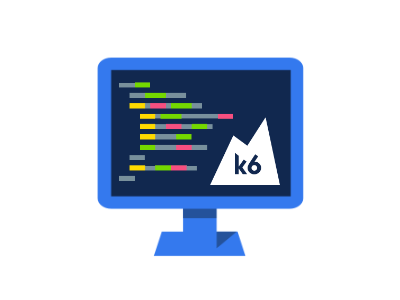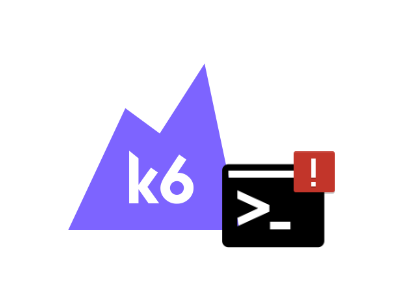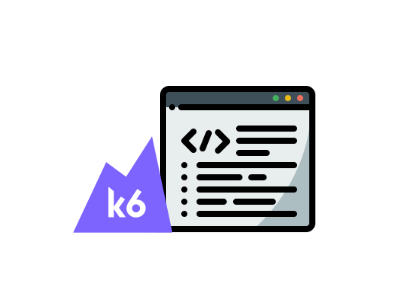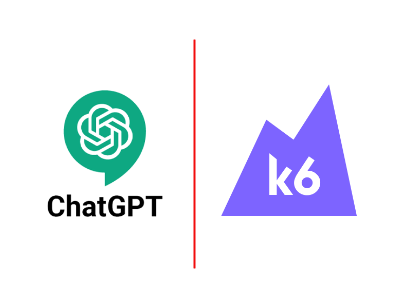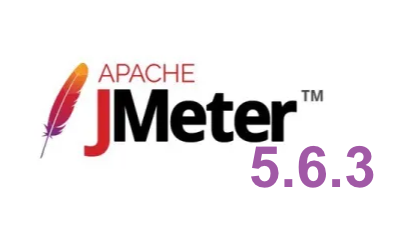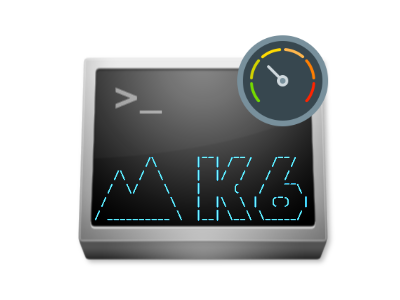Tags and Thresholds in k6
In this brief post, we will cover how to add individual requests to groups using the tags feature of k6. This feature can be used to label thresholds for reporting on grouped requests. By separating result metrics generated by your k6 test, it can become possible to isolate the performance of individual or related requests. Suppose for a given test we have identified a performance issue; however the test is made up of several different requests.Read More →


